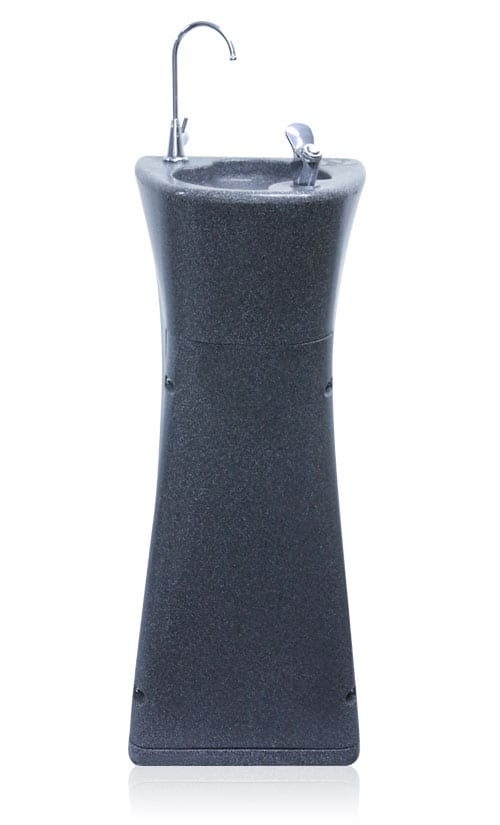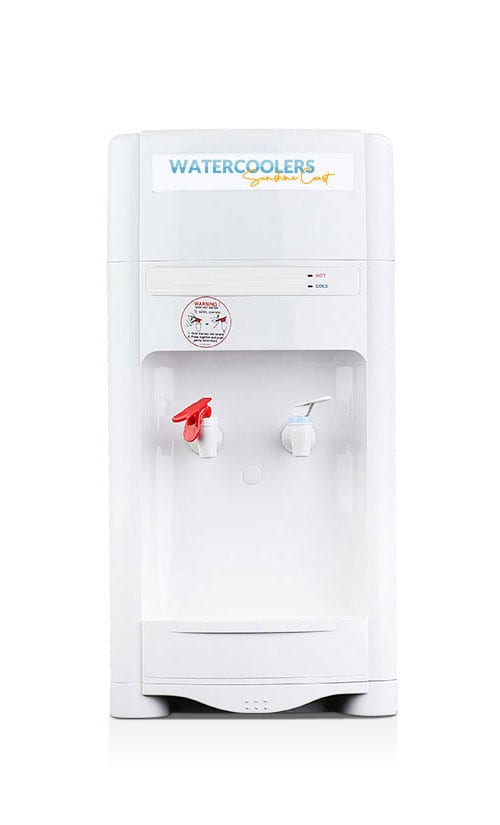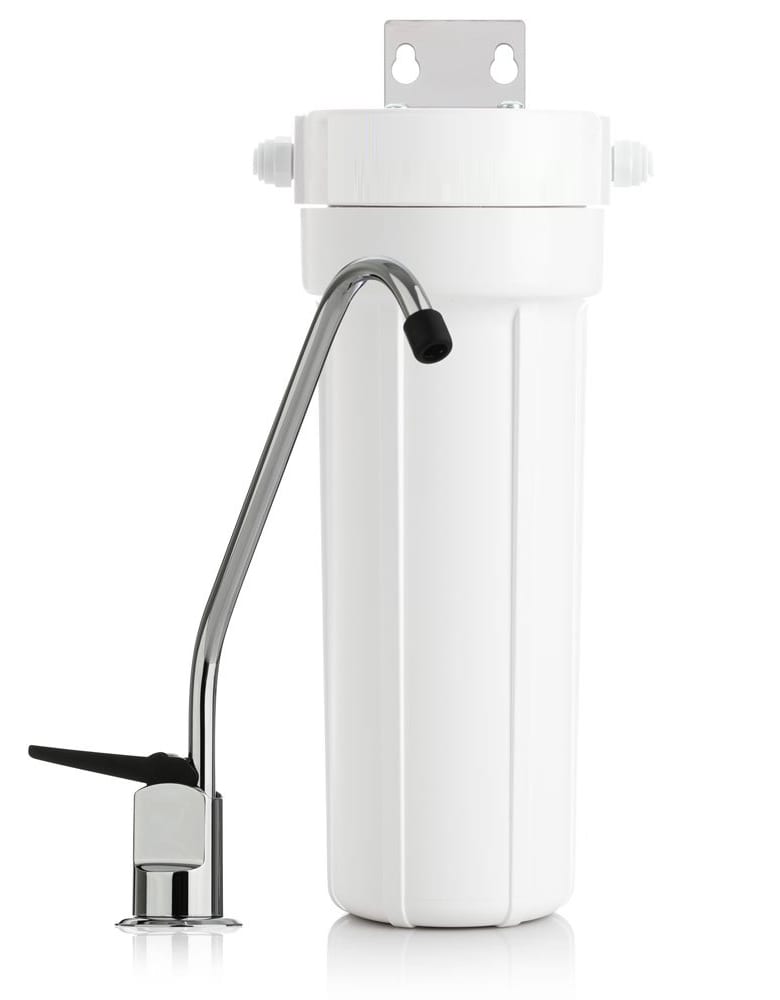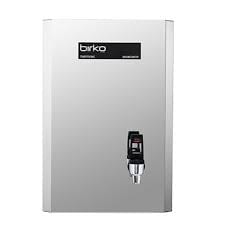The following are extracts from the respected website of allaboutwater.org dated 2004:
“Recent allegations against the Coca-Cola Company and its brand name of bottled water, Dasani, have publicly highlighted one of the biggest misconceptions about the quality of bottled water. Coca-Cola, advertising its bottled water as “pure, still water,” is now being investigated for misleading consumers about the true nature of the contents of its bottles. Rather than deriving its water from natural springs, Coca-Cola had actually been filling its Dasani bottles with purified tap water.
Of course, this problem of reconstituted tap water in Dasani bottles would not be so large if it was an isolated incident. Unfortunately, the process of bottling tap water is not limited to the Coca-Cola Company. In 1999, the National Resources Defense Council (NRDC) published the results of a four-year study in which researchers tested more than 1,000 samples of 103 brands of bottled water. These researchers found that,
“An estimated 25 per cent or more of bottled water is really just tap water in a bottle—sometimes further treated, sometimes not.”
When you buy bottled water, a large proportion of what you are paying for is pollutants.
Water taken from its source—whatever that may be—is then processed in an energy high environment before being bottled. Once bottled, the water, which is heavy and costly to transport, may then shipped to branches or depots and off–loaded prior to being shipped to the customer where it is dropped off without regard to quality-controlled storage conditions, stock turnover management, or prioritisation of consumption.
Furthermore, experience shows that coolers used to dispense the water are often not serviced or maintained correctly.
All in all, bottled water may be the Emperor’s New Clothes of this generation.
The use of bottled water carries the additional burdens:
1. The need to give up space to store clumsy, heavy bottles and the ensuing empties
2. The need to check stocks, reorder and arrange deliveries.
3. The difficulty of maintaining a correct turnaround of delivered bottles—which ones are older?
4. Filled 15 and 19 litre bottles are heavy, cumbersome and not well designed for the task of picking up and inverting. Incorrect handling can be dangerous.
5. How do you know how long the water has been in the bottles, and how do you know what, if any, purification processes the water has undergone?
6. How often is the cooler stripped cleaned and sanitised?
7. The interiors of most bottled water-supplied chiller tanks are plastic and do not have a mirror flat finish, so bacteria and algae can be deposited in the microscopic surface imperfections and thrive without your knowledge.
8. How do you really know what it is that you, your staff and customers are drinking?
9. Bottled water is unnecessarily expensive
10. Bottled water damages the environment, can be injurious to health and most definitely damages your profits!





